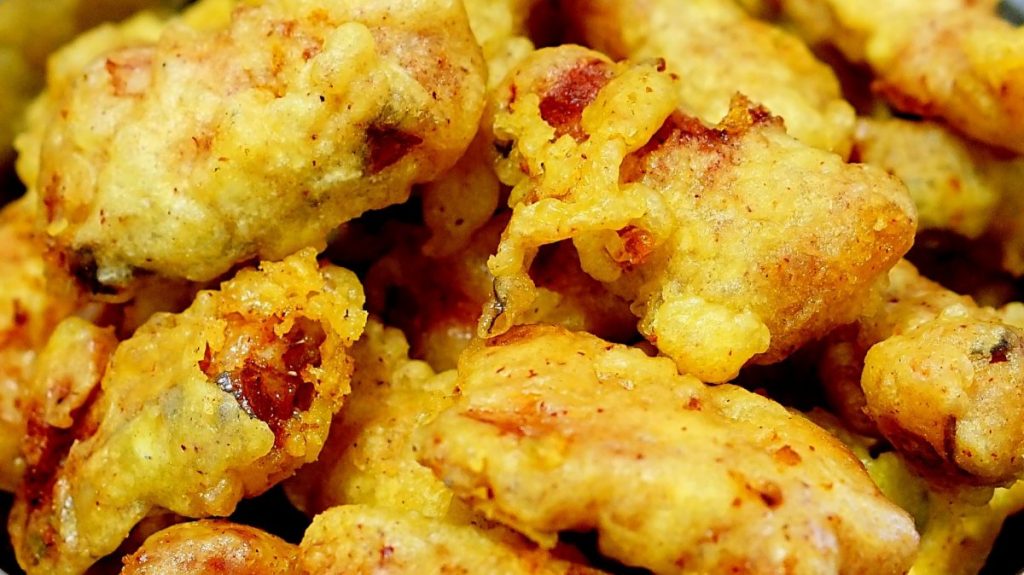It has come to light this week that the ever looming Brexit could bring about lower standards of welfare for animals that end up as meat in UK supermarkets. Theresa May and Donald Trump are currently in negotiations concerning a free trade deal between the USA and the UK which at the moment seems to be focusing on food. The main point of tension appears to be chlorinated chicken and whether or not the UK will allow their population to consume it. However, this does not only raise health concerns but concerns over how animals are treated and how far this will effect the existence of antibiotic-resistant bacteria.

The EU and the USA have different standards when it comes to animal agriculture, although, as we will learn in Land of Hope and Glory next month, animals are subject to many of the same horrors on both sides of the Atlantic. The main difference between the EU and the USA is the size of farms. The average size of a farm in North America is 170 hectares, compared with the average of 13 hectares in the EU, that’s quite different.
The reason that chickens might need to be chlorinated after they are killed is because of the ways in which they are kept. Spread of disease and harmful bacteria occurs much more readily in large farms with a huge number of animals present. In 2017 documentary What the Health, we learn that many animals have infections when they are slaughtered and so treating meat with chemicals such as chlorine is supposed to stop harmful bacteria from being ingested by human beings. However, this doesn’t seem to be the case as the number of cases of Salmonella in North America are four to five times higher than in the EU. The majority of people contract Salmonella through consuming meat, poultry or eggs that have been contaminated with the bacterial disease.

It’s unsurprising that when a large number of animals are kept in an inadequate space, the spread of disease is greater. At present because the EU only allows for animals to be sprayed with water after they are killed, there are stricter guidelines as to how they can be kept in order to limit the spread of bacteria and disease amongst them.
In addition, keeping animals this way can actually begin to create bacteria that are resistant to antibiotics. This is a huge problem and depending on the type of bacteria that could be responsible for wiping out one or more species if we aren’t able to keep the spread under control. When constantly exposed to the same drug, bacteria will find ways to evolve so that it can survive.
At present, farmed animals consume more antibiotics than humans do and this is deemed necessary as a result of the ways in which farm animals are kept. If the UK accept a free trade deal with the USA this is the kind of meat that could end up on UK tables.

Currently, the EU doesn’t allow for chlorine and other chemicals to be used primarily out of health concerns. However, this is good news for farmed animals in the EU who aren’t kept in such great quantities all in the same place.
The UK’s current talks with the USA show that Theresa May is willing to send the country backwards at a time when animal agriculture should be at the forefront of discussion, particularly in terms of climate change and the growing understanding of the need for veganism in the western world.
[/et_pb_text][et_pb_social_media_follow _builder_version=”3.0.53″ saved_tabs=”all” link_shape=”circle” url_new_window=”on” follow_button=”on” background_layout=”light” global_module=”4820″] [et_pb_social_media_follow_network social_network=”facebook” skype_action=”call” url=”https://www.facebook.com/livekindlyco/” bg_color=”#3b5998″]

